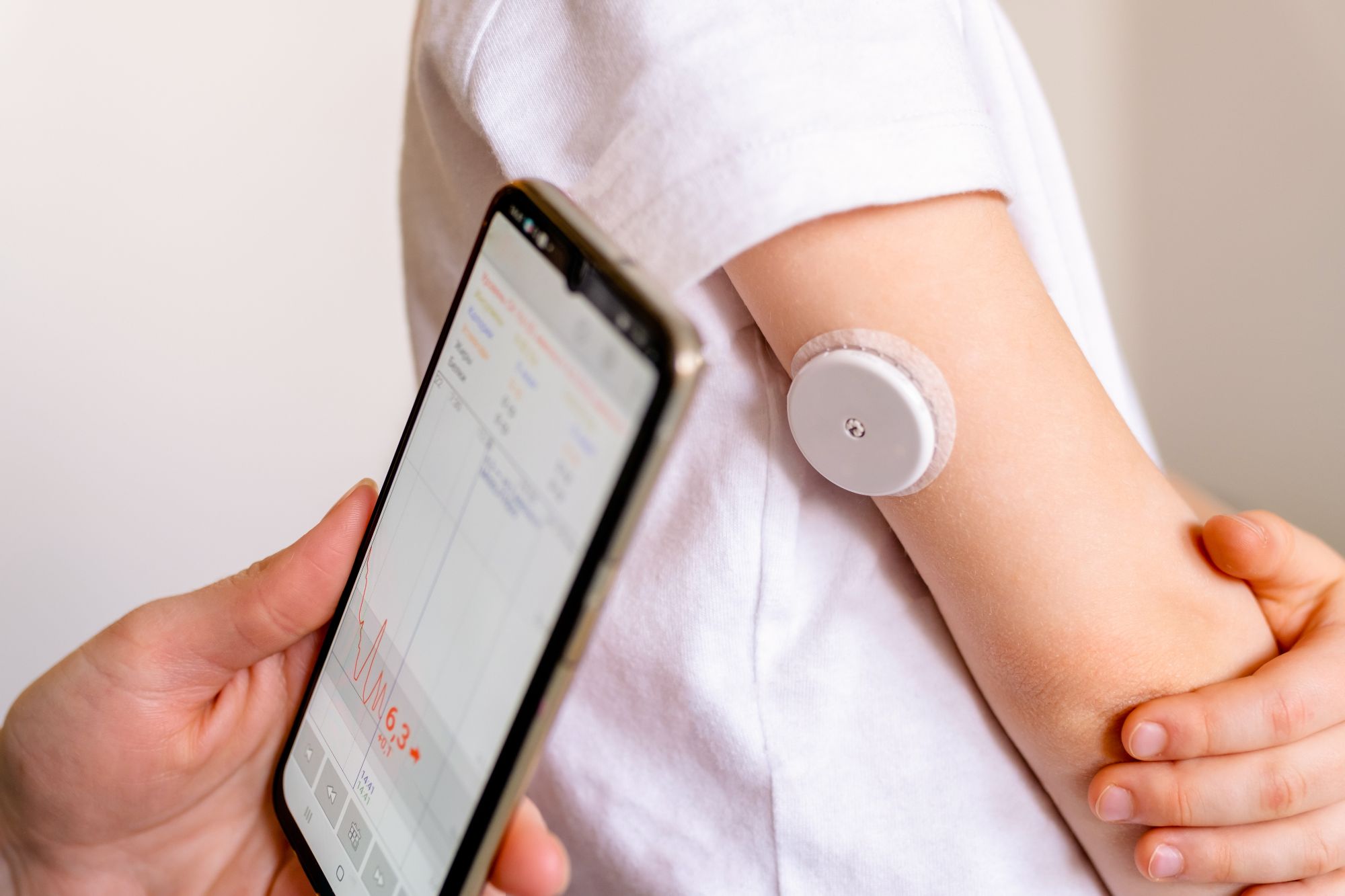Emma writes...
Monthly comment and insights from the NHD Editor, Emma Coates, RD

Emma has been a Registered Dietitian for over 17 years and has experience in adult and paediatric dietetics. She has been the Editor of NHD for seven years, steering the editorial content and supporting the production process. Emma currently works in industry.
Emma Coates, RD
RAISING DIABETES AWARENESS
Diabetes is a chronic condition that affects millions of people worldwide. It is crucial to raise awareness about this disease, its management and the importance of prevention. Diabetes Week is an annual event that aims to educate and inform the public about diabetes.
This month, Diabetes Week took place between 12th to 18th June and served as a platform to stress how important it is not to let diabetes hold anyone back. Whilst Diabetes Week is always an invaluable awareness campaign, highlighting diabetes at any time of year can make a difference.

RESEARCH AND DEVELOPMENT
Over the years, researchers and scientists have made remarkable progress in understanding diabetes, which have led to groundbreaking discoveries. Studies have identified potential genetic factors, which may contribute to the development of type 2 diabetes; potentially enabling personalised treatment approaches. To learn more, take a look at a review from 2022, which provides an overview of the genetic studies from the past three years, with a particular focus on the effects of sample size and ancestral diversity.
Innovative therapies have also been researched and developed, which include closed-loop insulin delivery systems and glucose-responsive insulin. Both have shown promising results in improving glucose control and reducing complications.
Ongoing research is key to improving the lives and health outcomes of people living with this condition. Further recent studies focusing on the relationship between diabetes and mental health suggest a bidirectional link between diabetes and depression. Research on the impact of diabetes on mental well-being and the psychological factors influencing diabetes management has also been completed. Such research emphasises the importance of holistic care for individuals living with diabetes.

UK PUBLIC HEALTH CAMPAIGNS FOR DIABETES
The UK government, in collaboration with healthcare organisations, has launched several public health campaigns over the years to raise awareness about diabetes. Government initiatives and guidance, such as Health matters: preventing Type 2 Diabetes, aim to optimise identification of those at risk of type 2 diabetes and support healthy lifestyle choices to prevent or manage the condition effectively.
A major part of this initiative is the Healthier You: NHS Diabetes Prevention Programme, which urges individuals to assess their risk of developing type 2 diabetes through online tools in partnership with Diabetes UK. The programme offers support and guidance to those at high risk, emphasising the benefits of maintaining a healthy weight, engaging in regular physical activity, and adopting a balanced diet.

Diabetes UK also plays a crucial role in diabetes education, offering resources, dietary advice and up-to-date research news for people living with diabetes. It also helps to fund research.
Since 2020, NHS England and Diabetes UK have also partnered to deliver the NHS Type 2 Diabetes Path to Remission Programme (previously known as the NHS Low-Calorie Diet Programme). This research-based programme aims to support people living with type 2 diabetes and obesity/overweight to lose weight, improve blood glucose control and reduce the requirement for diabetes-related medications. Potentially putting participant’s diabetes into remission.
Initially launched as a pilot programme, it provided three months of total diet replacement, which was followed by food reintroduction and healthy lifestyle support. Over 4500 people participated in the pilot. To date, almost half of the participants have achieved type 2 diabetes remission.
Since being piloted, it has been rolled out across England.
TECHNOLOGY AND DIABETES
Through innovative digital platforms, such as apps and online communities, patients can access information, track their health, and connect with healthcare professionals and peers. Technology has vastly improved in this area so that many patients can manage their own diabetes care through glucose monitoring devices that link to smartphone apps, so that results and personalised information is immediate and accessible at all times. Our latest NHD CPD eArticle by Harriet Drennan, RD, focuses on the use of technology for Type 1 diabetes and discusses the benefits of glucose monitors, which put patients firmly in control of their diabetes.

DIETARY ADVICE FOR DIABETES
A key aspect of managing diabetes revolves around diet and nutrition. Dietitians play a crucial role in providing evidence-based advice and guidance tailored to an individual's needs.
A balanced diet for diabetes often focuses on portion control, carbohydrate counting and selecting foods with a lower glycaemic index. This involves encouraging wholegrains, lean proteins, healthy fats, and plenty of fruits and vegetables. Additionally, sugar-sweetened beverages and processed foods high in unhealthy fats and added sugars should be limited.
Nutrition education for people living with diabetes often includes meal planning, understanding food labels, and making healthier food choices when dining out. Where appropriate, it is also important and realistic to support the concept of moderation rather than strict deprivation, supporting the enjoyment of some favourite foods occasionally, while effectively managing blood sugar levels.
CONCLUSION
UK Diabetes Week 2023 served as an important platform to raise awareness about diabetes, but it’s crucial to educate the public throughout the year about the impact and risks of this condition, highlighting prevention and effective management strategies.
The role of dietetic intervention is vital in empowering individuals to make informed dietary choices and lead healthy lifestyles.
Through continued research, public health initiatives and collaborative efforts, we can make progress in reducing the burden of diabetes and improving the lives of those affected by this chronic condition.


